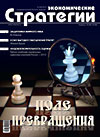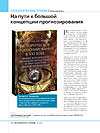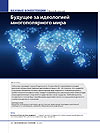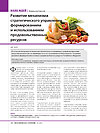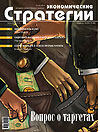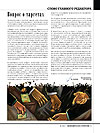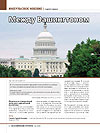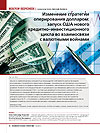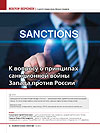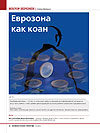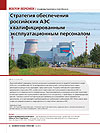One of the US most important competitive advantages is the ability to carry out multi-way strategic financial transactions allowing to export arising crisis phenomena out of the US economy, providing the stability of proper development. Institutional mechanisms of financial and economic balancing of the US economy form the basis for these operations. With their help logical chain of managerial global iterations is implemented: “formation of the money supply in the US dollars currency” → “manipulating financial flows volumes and directions in the form of real dollars (cash and non-cash) and in the form of derived financial instruments (derivatives etc.)” → “the US possibility to transfer world crises into the format of phased strategic financial transactions in the US interests”.
Продолжить чтение


